If you are craving a sports drink and curious Is Gatorade Zero Healthy, you'll want to think again. We break down the answer and nutritional info about the pros and cons of this popular beverage.
Be sure to check out Is Propel Water Good For You, Is Body Armor Good For You, and Is Pickle Juice Good For You, next.
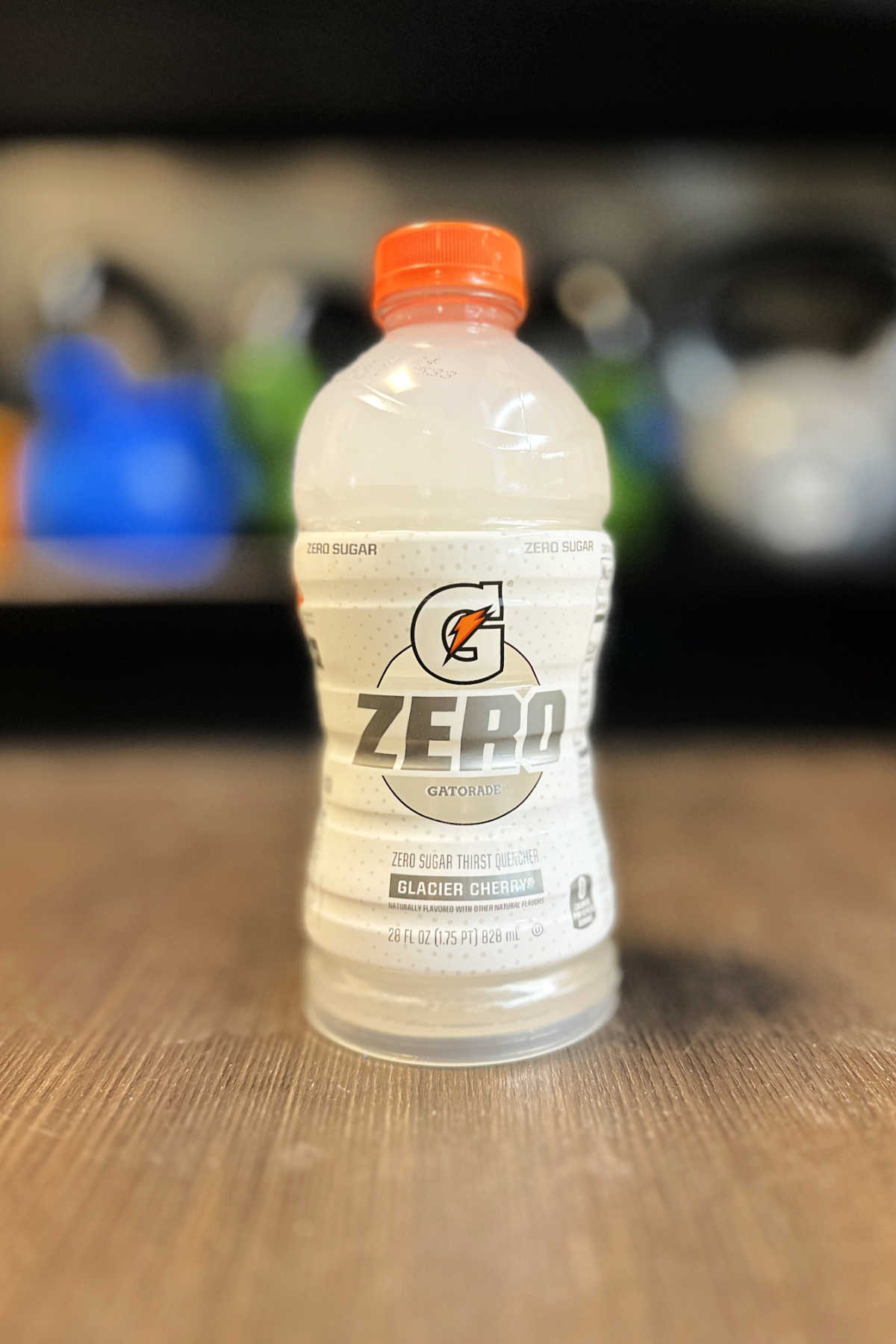
Gatorade zero is a sports drink I was addicted to. When I was balancing my body from PCOS I was told by my holistic doctor to stop drinking it due to the chemicals, toxic dyes, and fake sugars it has, despite it being a "low sugar beverage".
Here's a breakdown of what is inside this popular drink and why Gatorade Zero is not the healthiest sports drink, and what is a better alternative.
When I had my 9 year old son read this article, he was amazed after really breaking down what is in his favorite Gatorade drinks and the effects the ingredients can have on his body. He is very hesitant to drink it now.
Jump to:
Facts about Gatorade Zero
Gatorade Zero is a sports drink that is specifically formulated for athletes and individuals looking for a low-calorie, sugar-free alternative to traditional Gatorade. Here are some key facts and a brief history of Gatorade Zero.
Introduction and Purpose
Gatorade Zero was introduced by The Gatorade Company, a subsidiary of PepsiCo, as a part of its Gatorade product line. It is designed to provide hydration and electrolyte replenishment without the calories and sugar found in regular Gatorade.
Zero Calories and Sugar-Free
Gatorade Zero is marketed as a zero-calorie and sugar-free sports drink, making it suitable for those who are conscious about their calorie and sugar intake. So is Gatorade Zero good for you? It is sweetened with artificial sweeteners like sucralose and acesulfame potassium to maintain the taste without adding calories. Both sweeteners are artificial and chemically made (unnatural) and therefore, not a healthy sugar.
Electrolyte Content
Similar to traditional Gatorade, Gatorade Zero contains electrolytes, such as sodium and potassium, which are essential for hydration and muscle function. Electrolytes are particularly important for individuals engaging in physical activities and workouts.
Flavors
The Gatorade Zero product line offers several flavors. Keep in mind that product availability and flavor options may change over time. Some of the Gatorade Zero flavors include:
- Glacier Cherry
- Berry
- Orange
- Lemon-Lime
- Cool Blue
- Fierce Grape
- Tropical Mango
- Raspberry Lemonade
- Fruit Punch
- Lime Cucumber
- Watermelon Strawberry
- Black Cherry
- Kiwi Strawberry

Ingredients in Gatorade Zero
Is Gatorade Zero healthy? The ingredients inside are:
Water, Citric Acid, Natural Flavor, Sodium Citrate, Salt, Monopotassium Phosphate, Modified Food Starch, Mixed Triglycerides, Sucralose, Glycerol Ester of Rosin, Acesulfame Potassium
Helpful explanation of the ingredients
Here's an explanation of each ingredient:
Water
Water is a transparent, odorless, and tasteless liquid essential for life. In food and beverage products, it serves as a base or solvent.
Citric Acid
Citric acid is a weak organic acid found in citrus fruits. It is commonly used as a flavor enhancer and acidity regulator in food and beverages.
Natural Flavor
Natural flavor refers to flavors derived from real food sources, such as fruits, vegetables, or spices. It is used to enhance or impart specific tastes to a product.
Sodium Citrate
Sodium citrate is a salt of citric acid. It serves as a buffering agent, acidity regulator, and emulsifier in various food and beverage applications.
Salt
Salt, or sodium chloride, is a mineral commonly used as a seasoning to enhance flavor in food. It also contributes to food preservation and acts as a texture modifier.
Monopotassium Phosphate
Monopotassium phosphate is a salt of phosphoric acid. It is often used as a buffering agent, pH adjuster, and nutrient supplement in food and beverages.
Modified Food Starch
Modified food starch is a starch that has been altered to improve its properties for specific applications, such as thickening or stabilizing in food products.
Mixed Triglycerides
Mixed triglycerides refer to a combination of different fatty acid triglycerides. They are often used in food processing to provide specific textural and stability properties.
Sucralose
Sucralose is a non-nutritive sweetener derived from sugar. It is used to sweeten foods and beverages without adding calories.
Glycerol Ester of Rosin
Glycerol ester of rosin is a food additive derived from pine resin. It is used as a stabilizer and emulsifier in certain beverages.
Acesulfame Potassium
Acesulfame potassium, often referred to as Ace-K, is a calorie-free sweetener used to enhance sweetness in food and beverages. It is heat-stable, making it suitable for cooking and baking and is used in processed foods.
Food Dyes Like Yellow 5, Blue 1, and Red 40
Artificial food dyes are added to enhance the color of Gatorade Zero.
These ingredients are commonly found in various food and beverage products, and their use is regulated to ensure safety and compliance with food standards. Always check product labels for specific information and consult with healthcare professionals if you have specific dietary concerns.
Food dyes in sports drinks
Red and yellow food dyes are synthetic or natural color additives used in the food and beverage industry to impart specific colors to products. These dyes are often employed to enhance the visual appeal of drinks and make them more attractive to consumers. Here's an explanation of red and yellow food dyes in drinks:
Red Food Dyes
Synthetic Dyes: Common synthetic red food dyes include Red 40 (Allura Red AC) and Red 3 (Erythrosine). These dyes are often used to create vibrant red hues in various beverages.
Natural Dyes: Natural sources like beet juice, anthocyanins from berries, or carmine (derived from crushed cochineal insects) are used as alternatives for those seeking natural red coloring.
Yellow Food Dyes
Synthetic Dyes: Yellow 5 (Tartrazine) and Yellow 6 (Sunset Yellow) are synthetic yellow food dyes commonly used to achieve bright yellow or orange tones in beverages.
Natural Dyes: Turmeric, saffron, and annatto are natural sources of yellow coloring. These can be used as alternatives for those who prefer natural ingredients.
Reasons for Use
Aesthetic Appeal: Red and yellow food dyes are added to drinks primarily for aesthetic reasons. They make products visually appealing, influencing consumer perceptions and preferences.
Brand Identity: Specific colors are often associated with certain flavors or brands. Using red or yellow dyes helps maintain consistency and reinforces brand identity.
Market Trends: Consumer preferences often drive the use of certain colors, with bright and bold hues being particularly popular in certain markets.
Pros for Gatorade Zero
- Gatorade Zero is a low sugar and low calorie beverage
- Replenishes electrolytes
- Hydrates the body for lasting energy
Cons for Gatorade Zero
- Gatorade Zero is made of artificial sugars like sucralose and acesulfame potassium that can potentially harm the body by causing intestinal injury and altering gut microbiota. A clinical study shows that high concentrations of sucralose can affect insulin and glucose responses in healthy young adults.
- Some Gatorade Zero flavors have artificial dyes which are toxic and known to potentially cause cancer.
- Individuals with allergen concerns may have allergies or sensitivities to certain food dyes.
It's essential for consumers to be aware of the ingredients in their beverages and make informed choices based on their preferences and dietary considerations. If there are concerns about food dyes, choosing products with natural coloring or no added colorants may be a healthier option.

Is Gatorade Zero powder healthy
Gatorade Zero powder can be a reasonable option for certain individuals, depending on their health and fitness goals. Like the liquid form of Gatorade Zero, it is designed to be a low-calorie and sugar-free sports drink, providing electrolytes without the added sugars found in traditional Gatorade.
The powder form offers convenience and flexibility in preparing the beverage to suit individual preferences. Since it also has artificial sugars, it is not a healthy choice for certain individuals especially in high consumption.
Healthy sports drinks hydration recommendations
I highly suggest instead of drinking sports drinks with dyes and that are not natural to drink these other solutions that hydrate the body fast and provide electrolytes.
- Body Armor Sports Drink - no artificial dyes or sugars
- Pickle Juice
- Coconut Water
- Lemon Salt Water
- Watermelon Juice
- Lemon Cucumber Detox Water
Conclusion
In conclusion, the question of whether Gatorade Zero is good for you depends on individual health goals and nutritional needs.
Gatorade Zero is designed as a low-calorie, sugar-free alternative to traditional Gatorade, making it a suitable choice for those seeking hydration without added sugars.
It contains electrolytes that can be beneficial for individuals engaged in physical activities. However, since Gatorade Zero has artificial sugars that can be harmful and toxic, it is not a healthy beverage. With any beverage, moderation is key, and its appropriateness may vary based on an individual's overall diet and health status.
It's essential for consumers to consider their specific nutritional requirements and consult with healthcare professionals if needed, ensuring that Gatorade Zero aligns with their health and wellness goals.
More articles you may enjoy
Follow along with me on Instagram, Pinterest, Facebook, YouTube and Twitter for more inspiration! And consider leaving a comment below!


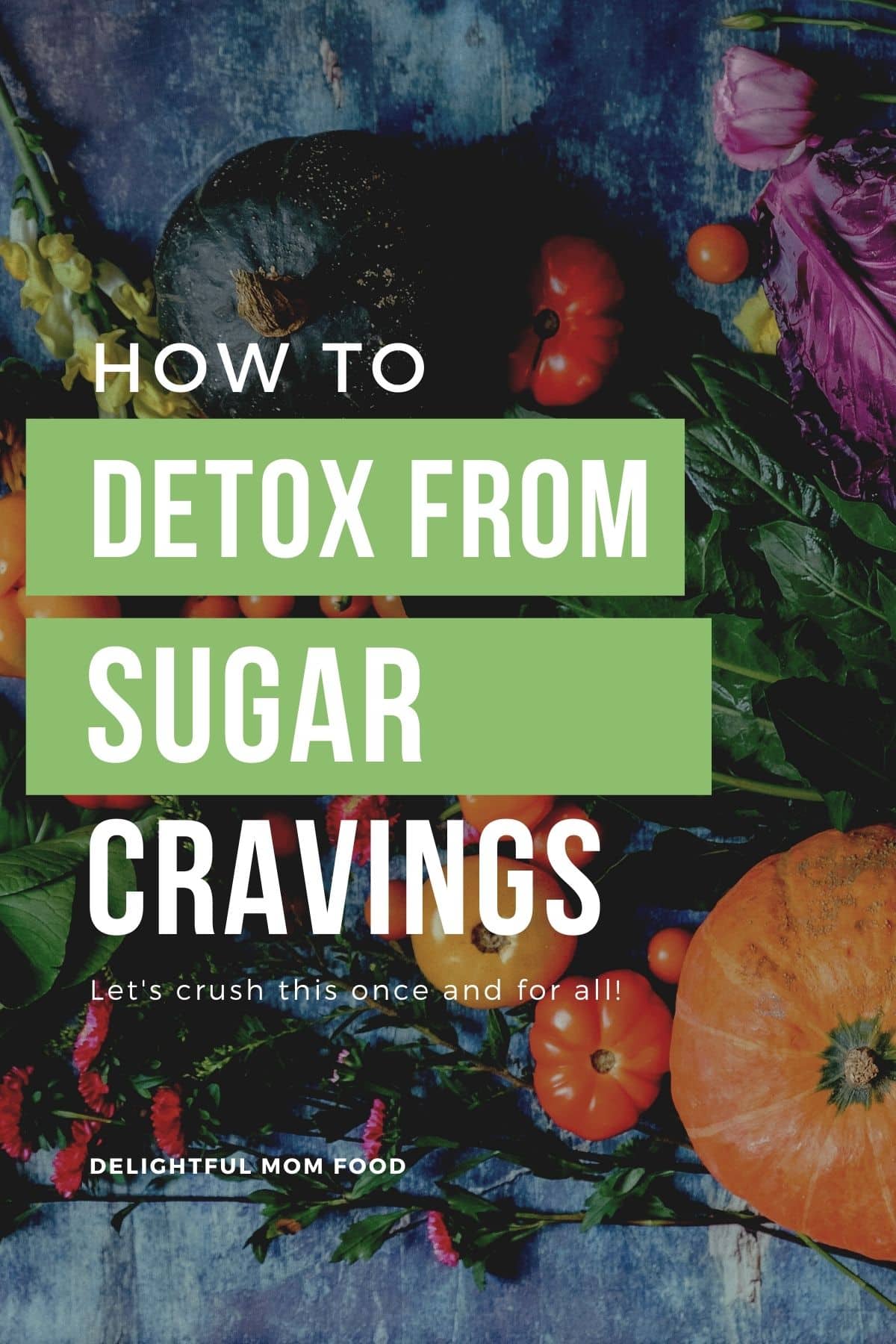
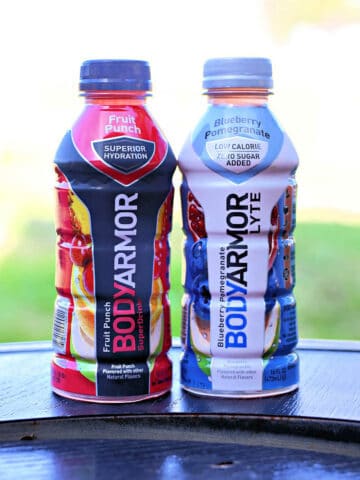


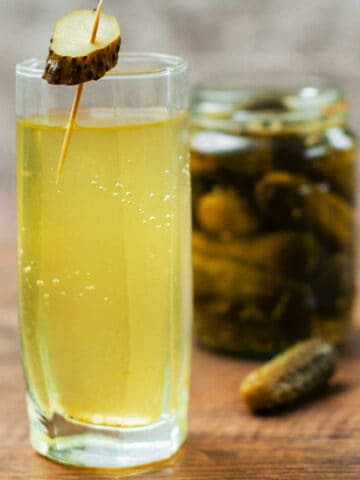
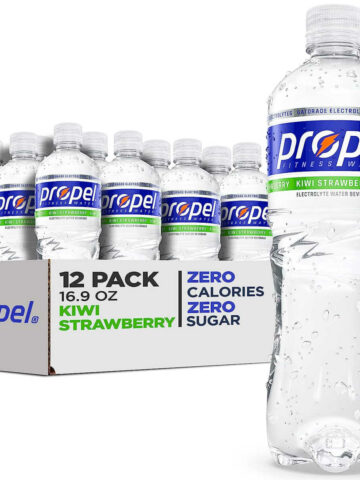
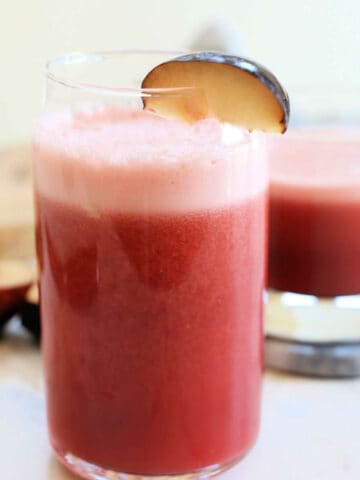
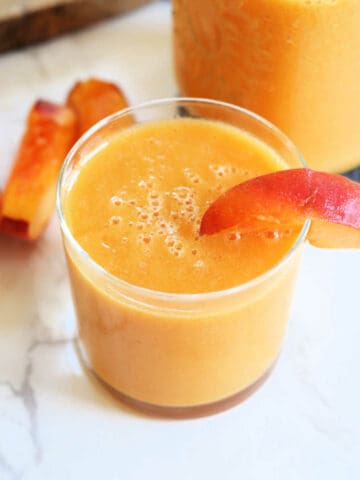

Leave a Reply